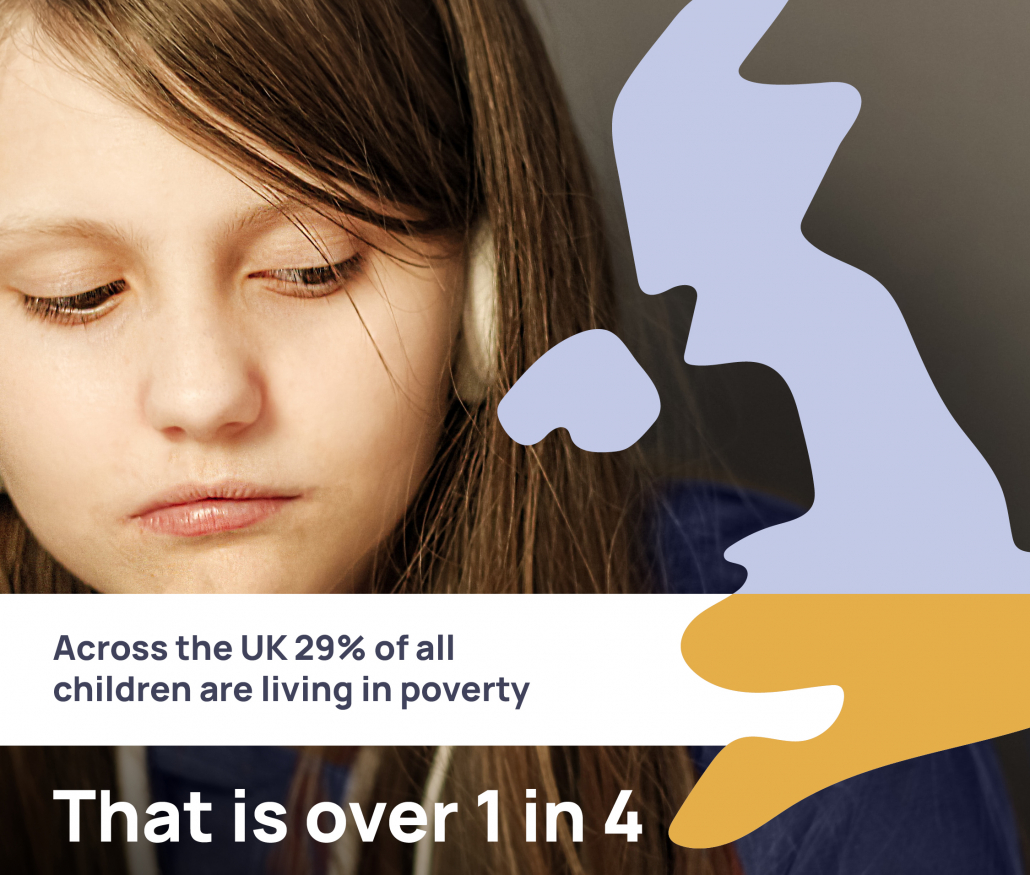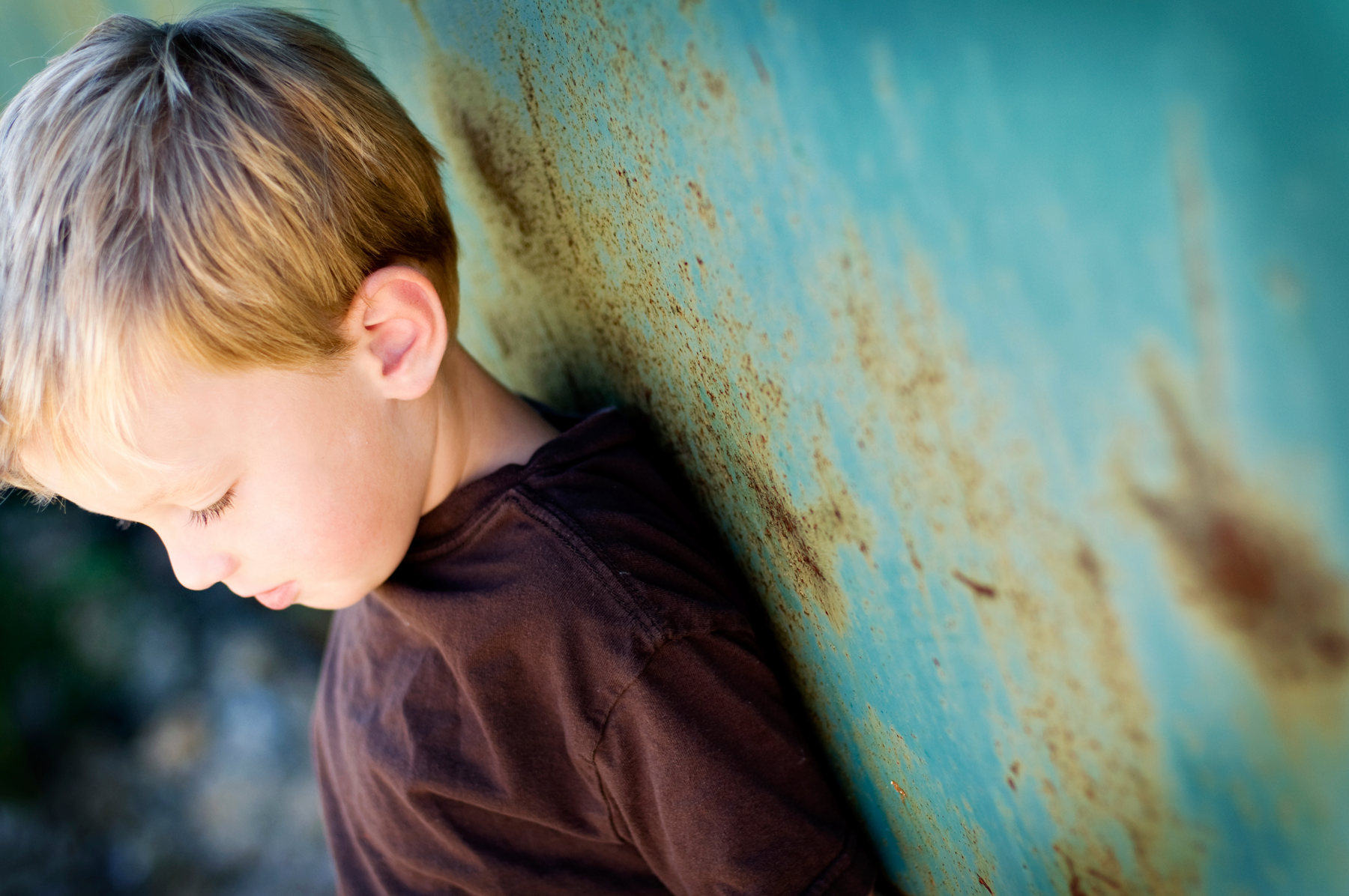I am more than a number: the reality behind the child poverty statistics
By Iz, aged 17 – An End Child Poverty Youth Ambassador
The End Child Poverty Coalition has recently produced Local Child Poverty statistics showing how many children are growing up in poverty across the UK today. I understand that it is important to have these facts and figures – but for me, this data is very personal as I am one of these numbers.
Growing up I have moved to various different schools and neighbourhoods, learning how the term ‘poverty’ is perceived. Google and many others say the definition is ‘a state or condition in which one lacks the financial resources and essentials for a certain standard of living’. Which is technically true, but to me it means sacrifice, deprivation and survival.
I endured the physical impacts of poverty such as owning little furniture, sleeping on the floor and going without the luxury of heating and hot water during the winter. I have experienced rationing and going without food at some points especially during the half terms when I no longer receive free school lunch meals. Living in a low income family even prevented me travelling to school – and my mum would tell the school we were ill because we had no money for petrol to take us.
Another impact I went through is the mental effects and lack of a social life. I was never able to afford school trips or meet up with friends. As a child I struggled to comprehend why I was being left out and teased due to my cheap clothing and shoes. This made me feel that most of my friends were superior to me and that I would never be as good as anyone else.
During christmas when most of my classmates received presents they’ve been wishing for I was opening gifts of basic essentials such as underwear. When hearing about the holidays and trips my classmates went on over half terms or what they bought, I felt ashamed. Subconsciously I now excuse myself and avoid situations when my friends talk about holidays or other circumstances that I know I’ve been deprived of, where I have no input. For example, once I got classwork to talk about locations we had travelled to and I had not even been to a holiday, not even in the UK.
Although there are multiple negative connotations to poverty, I try to pay attention to the few positives the condition has made me realise. Since a charity has given me the chance to maintain my education as a boarder in a private school through a grant I have been able to see the other side of the coin and how some people are able to live with no appreciation for the little essentials in life – due to having so much. This enhances my gratitude for everyday items we take for granted.
Overall, my view on poverty is that it shouldn’t be underestimated on the harmful impacts it places on the young and old alike. I would urge everyone reading this to email their MP to make a difference for other young people like me, who have experienced growing up in poverty in the UK.



 Alexis Brown via Shutterstock
Alexis Brown via Shutterstock